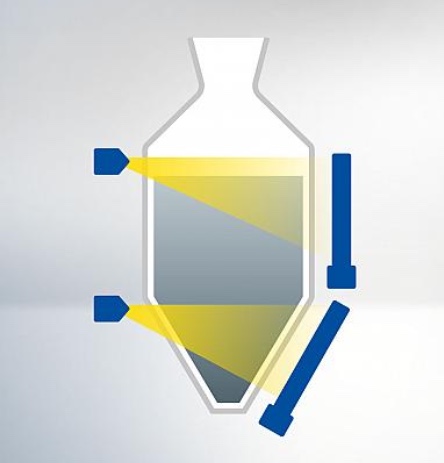Apr-2022
Forming a sustainable catalyst partnership
What should you consider when looking for a partner to process catalyst materials for you? These rules can help you develop a successful sustainable and profitable relationship
Michael Ross
Evonik
Viewed : 1738
Article Summary
The importance of sustainability initiatives continues to grow and is now widely expected in every aspect of running our businesses. Manufacturing businesses are subject to increasing pressure from legislators, NGOs, customers, and shareholders to use less raw material, less energy and natural resources, and produce less waste. Corporate social responsibility insists that all businesses are seen to be more environmentally friendly and to leave the lightest possible footprint on the planet. But this ethos is nothing new to catalyst chemical companies.
Adding value
Now, more than ever, the right catalyst technology represents a great value generator for a range of industries, including manufacturing, refining, petrochemical, agrochemical, and pharmaceutical companies. Not only can catalysts lower production costs, they can also reduce the environmental footprint of processes in line with today’s needs.
Catalysts will play an even bigger role in the future of the chemical industry because of the demand for more responsible manufacture and lower impact on the environment.
So, what are the top factors to consider if you are looking for a partner company to process catalyst materials for you? In our experience, following these rules will set you on the right path for a successful sustainable and profitable relationship:
Rule 1: Trust
Any successful partnership is based fundamentally on trust. For manufacturing companies, this is particularly important because of the amount of critical information that needs to be shared to make that partnership as profitable as possible.
Rule 2: Legal clarity
As well as trusting your partner, it is important to be sure that confidentiality and IP protection walls will be created and maintained, so that proprietary information remains controlled. All projects should be governed by legal contracts, including a confidentiality agreement that protects each party’s intellectual property rights and allows for a free flow of information (see rule 3). A collaboration contract defines the scope and goals of the project and the commercial conditions.
Rule 3: Transparency
Information sharing is an essential basis for any successful partnership. Both partners need to be confident that they can communicate fully and regularly to make sure that everyone involved has the information they need to achieve a successful outcome for both parties.
Choose a partner that will keep you updated and informed of developments, and take a pro-active approach to communications. You need to know what is going on.
This is particularly important when things go wrong — and, as we all know, things always go wrong at some level, no matter how well intentioned everyone is. That is not to say that you should tell partners everything: only information that needs to be shared should be shared — but avoid the temptation to keep information back ‘just in case’ or because you don’t fully trust the other partner (see Rule 1).
Rule 4: Speed
Once you have made the decision to scale up and commercialise your product, you need to know how long it will take to bring it to market, and that it will be done as quickly as possible. Look for a partner with a track record of delivering on time and at pace.
Rule 5: Reliability
This is basically another expression of trust. You need to be sure that your catalyst partner can deliver on its promises and meet business expectations. Companies that are larger, broader based and mainly back-integrated with a resilient supply chain are less likely to let you down. You need a partner that can deliver on its promises.
Rule 6: Expertise and experience
Look for a catalyst partner that has a true heritage in the industry. A company that lives, breaths, and speaks catalysts is a must. You need a company that has a history of catalyst know-how which will let it adapt to any challenge that needs to be addressed.
Choose a company with a reputation for scaling up and producing sophisticated catalysts on a commercial scale. A partner with manufacturing expertise is more likely to be successful if you need to scale up your processes and adapt your recipe to enable commercial production.
Catalyst recipes can be very complex and often what is done in the laboratory cannot be simply scaled up to plant production. Making modifications and adapting the recipe is crucial in most cases and knowing how to do that while achieving the same performance is critical. The best catalyst in the laboratory is of no use if you cannot produce it in commercial quantities. Look for someone who has done it before — a lot.
Rule 7: R&D
Being able to adapt and upscale catalyst use to commercial scales requires a solid research and development function, backed by an innovation mindset. You need a partner that is open to new ideas and new processes, especially those that enhance sustainability.
Many companies need a catalyst that will be specific to them and need a partner that can work with them on that development on a long-term, strategic relationship rather than just a transactional one. You need a partner that has a significant R&D capability, and which has innovation as part of its DNA. Companies have established centres of excellence in different parts of the globe, which brings us to rule 8.
Rule 8: Regional presence
Think global, act local is perhaps a bit archaic now, but it does include a fundamental truth. You need a catalyst partner backed by experience, heritage, and significant resource, but you want to deal day to day with someone who understands your local conditions and needs. Look for a partner with global mass and regional reach.
Categories:
Add your rating:
Current Rating: 4

















